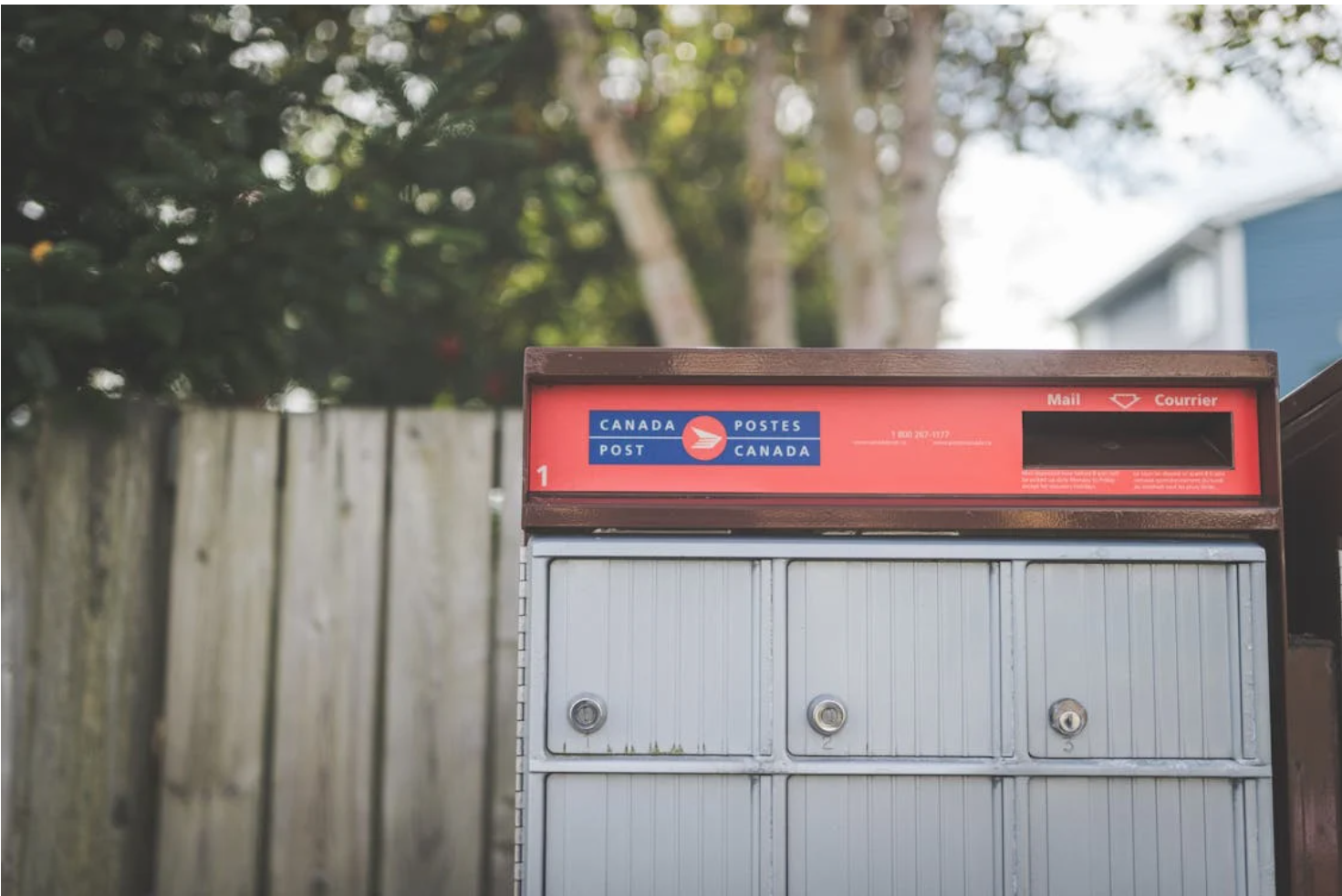Canada Post to undergo second strike in six months
(Image courtesy of Pexel)
On Monday, Canada Post received a letter from the Canadian Union of Postal Workers (CUPW) stating that workers for all bargaining units: urban, suburban, and rural, will be issuing a strike on Friday, May 23. CUPW President Jan Simpson has stated in a letter to Canada Post that “by issuing this notice, we are simply announcing our intention to continue our legal strike that was put on pause by the CIRB [Canada Industrial Relations Board].”
This has been done because the collective agreements reached in December are set to expire on May 23 — the date when CUPW has signalled that workers will walk off the job at midnight. While there are ongoing negotiations and offers cycling between the two groups, many are doubtful that this will resolve anything, given the tight timeline from the issuing of the strike notice.
Canada Post has released a statement in response to this development, stating that if the strike goes through, “mail and parcels will not be delivered and no new items will be accepted until the disruption is over.” The organization said it will make sure to have all mail and parcels secured, then ready to deliver once the strike is lifted.
Ongoing Developments
Canada Post also presented new offers to the CUPW on Wednesday, including rescinding prior controversial alterations to employees’ pensions and health benefits, and promising that future employees will receive those same benefits after six months of employment. It also promised a 13.59 percent wage increase spread over the course of four years.
The union offered a potential two-week delay for the strikes while it reviewed the terms presented, but Canada Post refused, which means the strike is still expected to happen on Friday, as of publication.
Coastal Front spoke to CUPW Communications to get a statement on the upcoming strike. “Canada Post’s refusal to accept our offer of a two-week truce comes at a critical time,” CUPW stated, “as negotiators for the Canadian Union of Postal Workers are only in the very early stages of reviewing the Corporation’s global offers for both the Rural and Suburban Mail Carriers (RSMCs) and Urban Postal Operations (UPO) bargaining units.”
CUPW went on further to say that they are committed to ensuring good collective bargaining and are disappointed that Canada Post walked away from negotiating last week, only coming back to the table this week before strike action will commence, while being well aware of the strike deadline being set in December.
Further Background
On May 16, the Industrial Inquiry Commission, established in December to arbitrate and mediate labour negotiations, released a report on Canada Post. Its most controversial recommendation was that “daily door-to-door letter mail delivery for individual addresses should be phased out and community mailboxes established wherever practicable,” with daily deliveries to businesses expected to continue.
It also recommended that Canada Post expand weekend deliveries with its part-time staff, which has upset some full-time members of the union.
This recommendation was made on the basis of safeguarding Canada Post from predicted bankruptcy.
Starting from 2018, Canada Post has lost three billion dollars collectively before tax. Earlier this year, the federal government announced $1.034 billion in repayable funding available to Canada Post to ensure that it could resume operations.
The institutional structure of Canada Post means that it reports to the federal Minister of Public Services and only has a single shareholder, the Canadian government. The corporation has large subsidiaries like Purolator Holdings and operates the largest postal retail network in Canada.
Canada Post was created as a successor to the Post Office Department in 1981, being turned into a crown corporation after growing operating deficits and postal union complaints about a lack of collective bargaining rights as government employees.
“Today’s [Wednesday] action by Canada Post is yet further evidence of its lack of good faith as a bargaining partner,” CUPW summarized.


